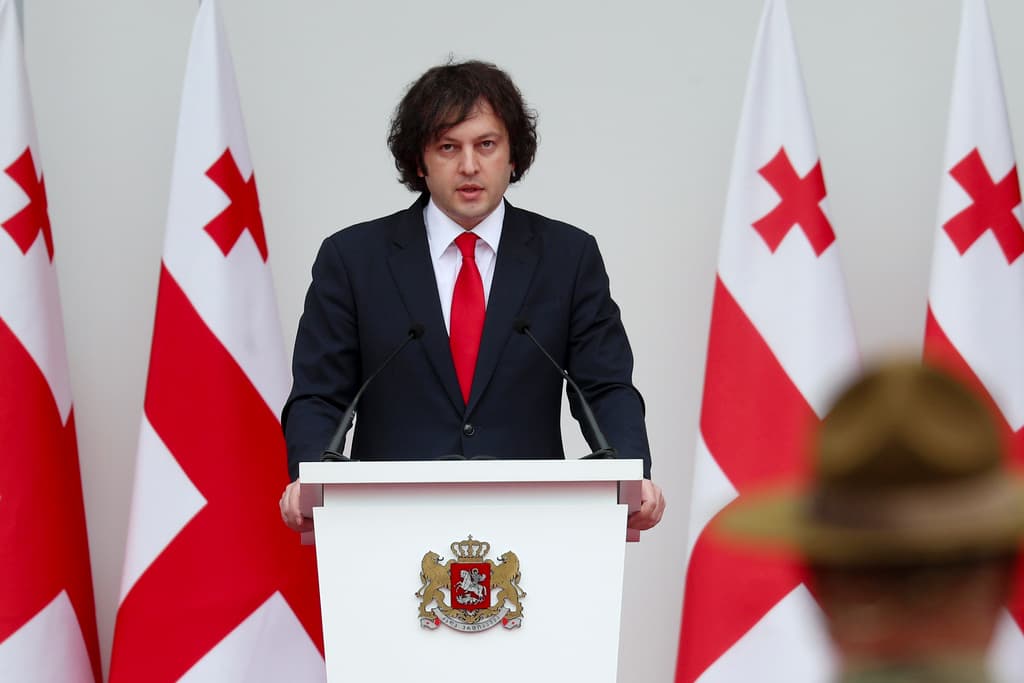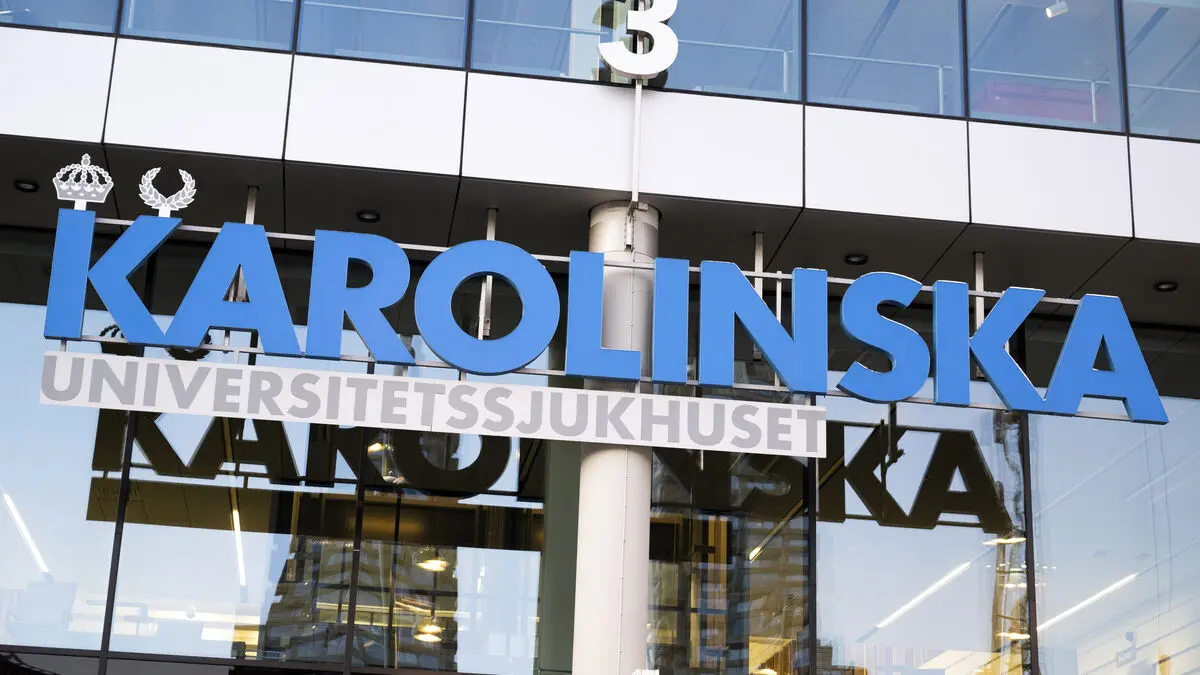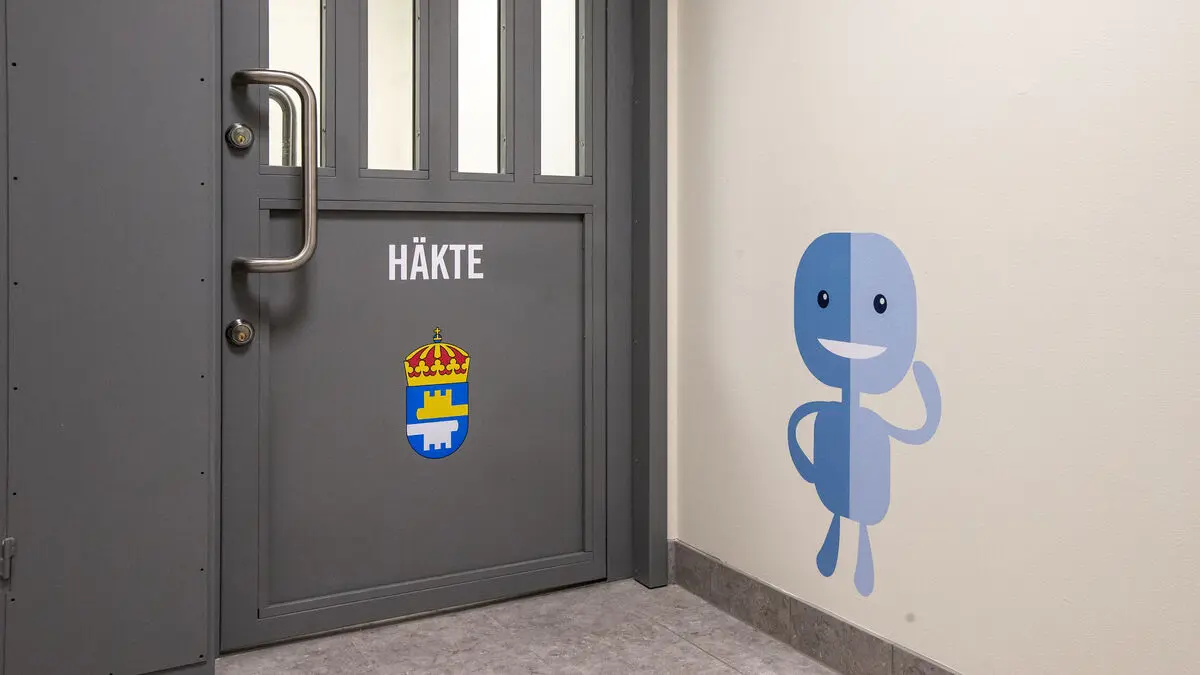Georgia cannot become another Ukraine, says the country's prime minister.
The disputed government is introducing more stringent laws in a Russian style, despite strong public opposition.
The government in Tbilisi will do everything to prevent "a Maidan" in Georgia, says Prime Minister Irakli Kobachidze in a situation where his government is under intense pressure from widespread protests.
He is referring to the Euromaidan protests in Ukraine at the turn of 2013-14. At the time, the Russia-friendly President Viktor Yanukovych suddenly backed away from a promised cooperation agreement with the EU, which triggered a popular uprising that led to his removal.
Irakli Kobachidze's description of the events in Ukraine is largely consistent with Russia's, with false allegations that the popular uprising and the Ukrainian parliament's decision to remove Viktor Yanukovych were actually a foreign-backed coup.
This led to Russia's original invasion of Ukraine and the annexation of the Crimean Peninsula.
The ruling party of Georgia, Georgian Dream, and its de facto leader, billionaire Bidzina Ivanishvili, have long said they want a "pragmatic" relationship with Russia, which has previously gained some popularity among Georgians.
Russia invaded Georgia in 2008, when the country's more Western-friendly government was seeking NATO membership.
Since the war, almost a fifth of Georgia, the two breakaway regions of Abkhazia and South Ossetia, are in practice under Russian control.
Government officials have recently spoken optimistically about a "reunification," which has sparked speculation about Russian commitments.
Georgia recently became a candidate country to the EU, but a new so-called agent law has been introduced despite massive protests and created a major obstacle. This has been followed by proposals for new laws that would give LGBTQ people fewer rights.
Georgia's new so-called agent law means that organizations that receive more than a fifth of their funding from abroad must register with the authorities as organizations operating in the interests of a foreign power.
This raises questions about press freedom, aid from countries such as Sweden, and the very text of the law, which appears to have been drafted according to a model used in Russia to suppress civil society and regime criticism.
The government justifies this by saying that greater transparency is needed in certain financial flows to the country. A nearly identical draft law was withdrawn last year due to large protests, but was later reintroduced.
Georgia has recently become a candidate for EU membership, but the new law goes against several fundamental criteria for the country to become a full member.
A few opinion polls conducted in recent years have shown that a large majority of Georgia's population – more than four out of five – want the country to join the EU.






